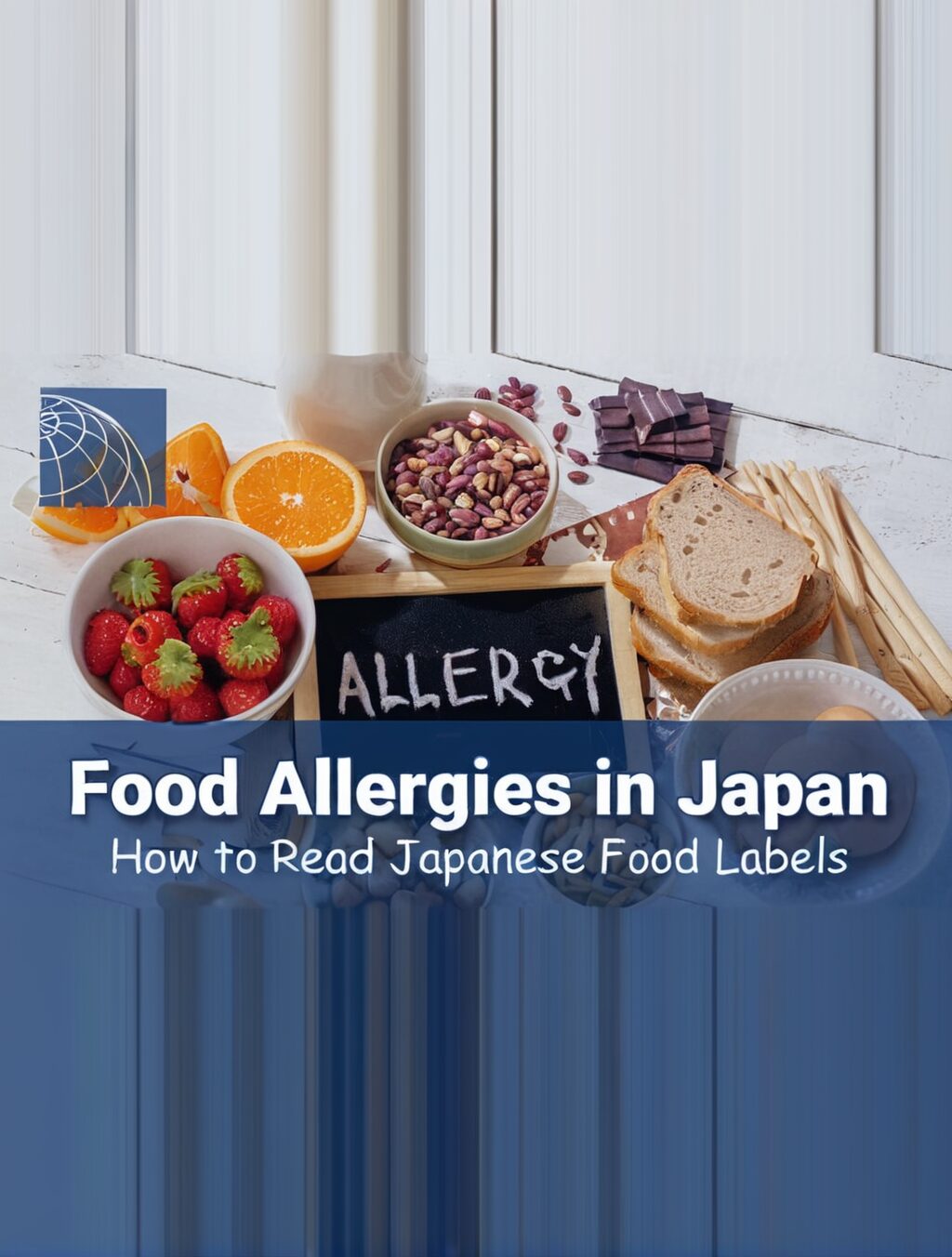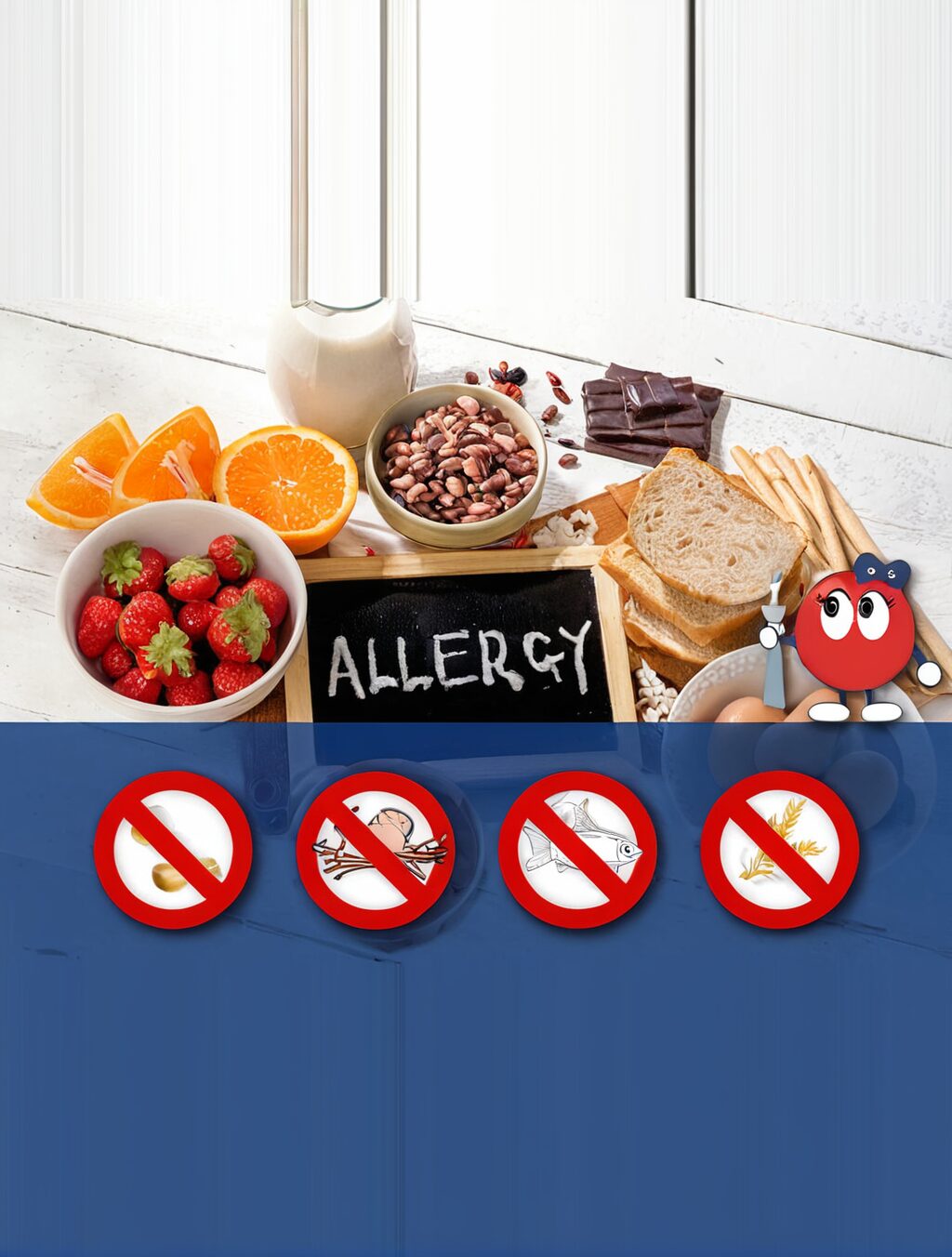
Travel Japan Food Allergies
Traveling to Japan with food allergies can be a daunting task, but it’s definitely possible with a little planning and preparation. Here’s what you need to know about Japan food allergies before you go:
Common Japan Food Allergies
The most common Japan food allergies are:
Food Allergies in Japan
Food allergies are taken very seriously in Japan, and there are strict laws in place to protect people with food allergies. Restaurants are required to display allergen information on their menus, and they are also required to have staff members who are trained in food allergy awareness.
Japan Fatalities Regarding Food Allergies Between 2001 and 2006
According to a study published in the journal “Allergy,” there were 37 fatalities related to food allergies in Japan between 2001 and 2006. The most common cause of death was anaphylaxis, a severe allergic reaction that can be life-threatening.
Tips for Traveling to Japan With Food Allergies
Here are a few tips for traveling to Japan with food allergies:
FAQs
Q: Are there any foods that are safe for people with food allergies to eat in Japan?
A: Yes, there are many foods that are safe for people with food allergies to eat in Japan. These include rice, fish, vegetables, and fruits.
Q: What should I do if I have an allergic reaction in Japan?
A: If you have an allergic reaction in Japan, you should seek medical attention immediately. There are many hospitals and clinics in Japan that are equipped to treat food allergies.
Conclusion
Traveling to Japan with food allergies is possible with a little planning and preparation. By following these tips, you can help to reduce your risk of having an allergic reaction and enjoy your trip to Japan.
travel japan food allergies

Japan Food Allergy Card
Traveling to Japan with food allergies can be a daunting task, but it’s definitely possible with a little planning and preparation. One of the most important things you can do is to get a Japan food allergy card. This card will help you to communicate your food allergies to restaurants and other food establishments in Japan.
What is a Japan Food Allergy Card?
A Japan food allergy card is a card that lists your food allergies in Japanese. You can get a food allergy card from your doctor or from a Japanese embassy or consulate. The card will typically include your name, contact information, and a list of your food allergies.
Why Should I Get a Japan Food Allergy Card?
There are several reasons why you should get a Japan food allergy card:
How to Use a Japan Food Allergy Card
To use a Japan food allergy card, simply show it to the staff at a restaurant or other food establishment. The staff will then be able to help you to avoid foods that contain your allergens.
Starbucks Japan Food Allergy
Starbucks Japan is a popular destination for tourists from all over the world. However, if you have food allergies, it’s important to be aware of the potential risks. Starbucks Japan uses a variety of ingredients in its food and drinks, and some of these ingredients may contain allergens.
If you have food allergies, it’s important to speak to a Starbucks barista before ordering. The barista will be able to help you to identify which menu items are safe for you to eat.
Conclusion
Getting a Japan food allergy card is an important step for anyone with food allergies who is traveling to Japan. This card will help you to communicate your food allergies to restaurants and other food establishments, and it will help to reduce your risk of having an allergic reaction.
common japan food allergies






